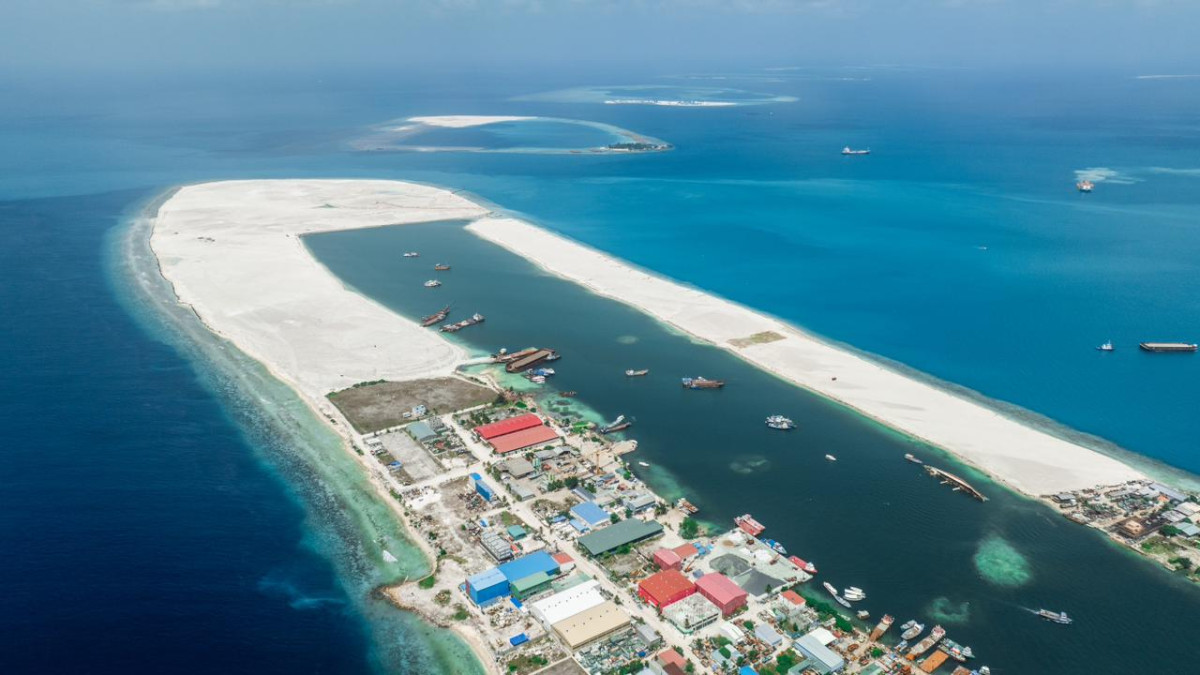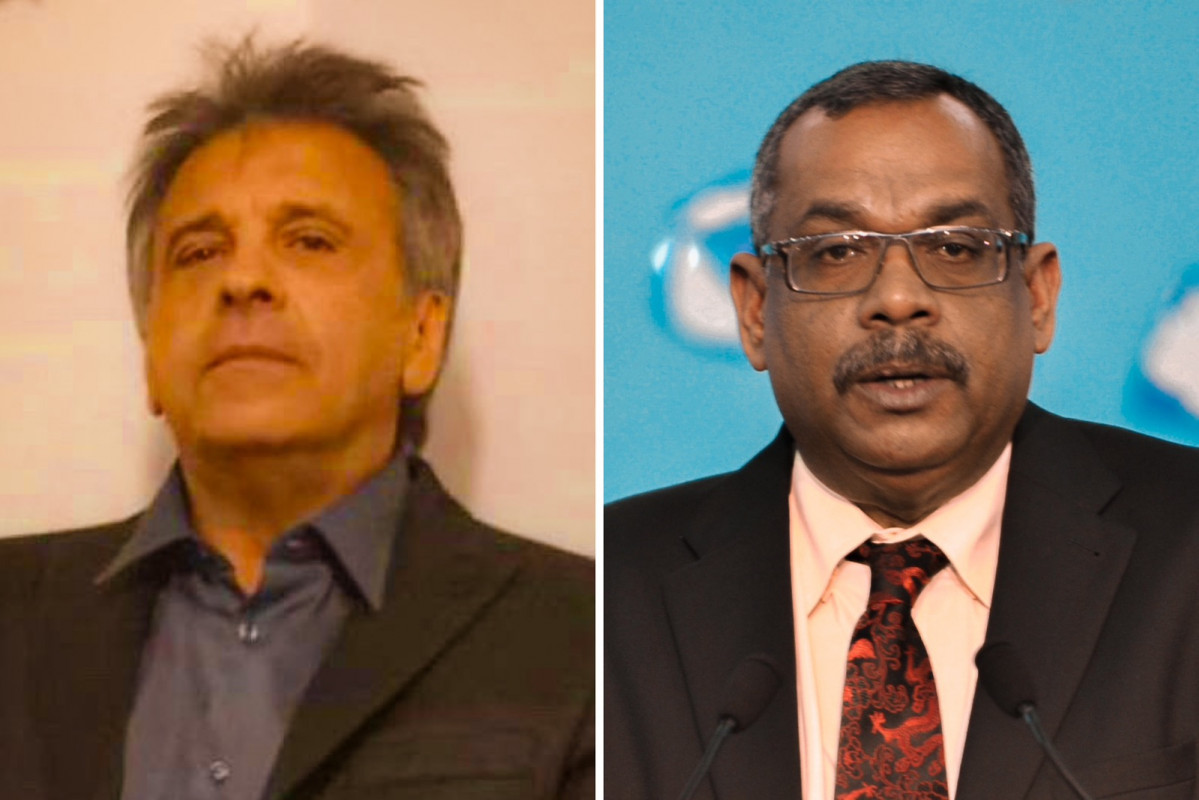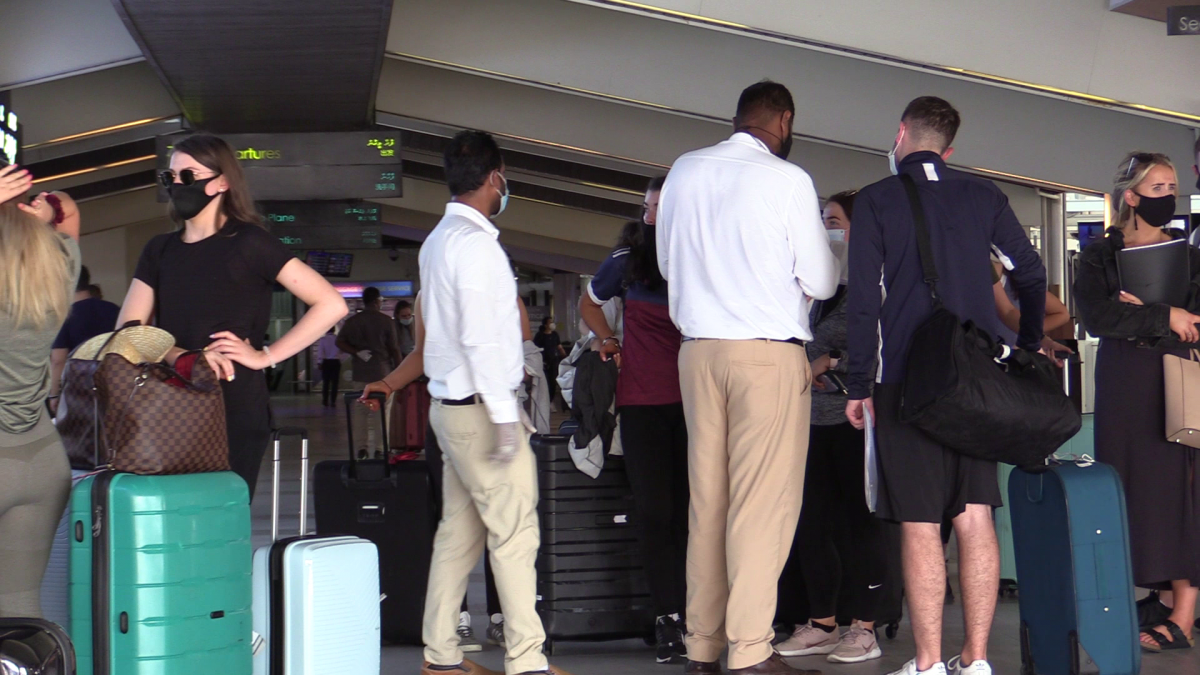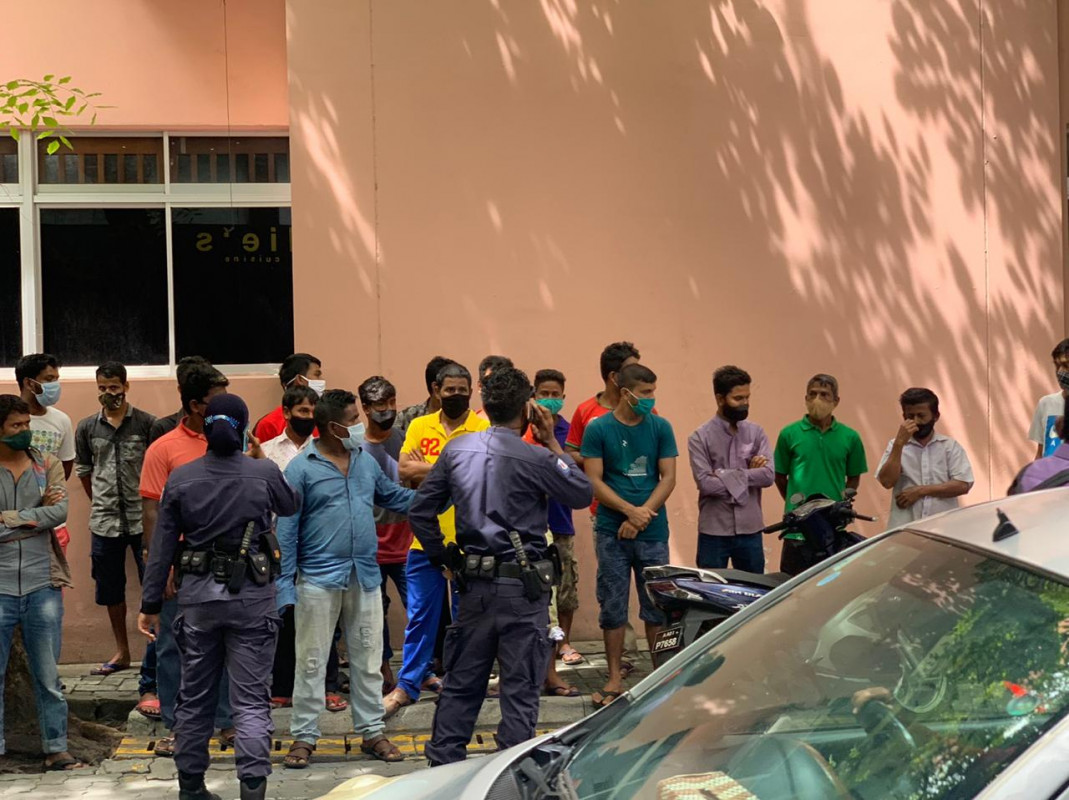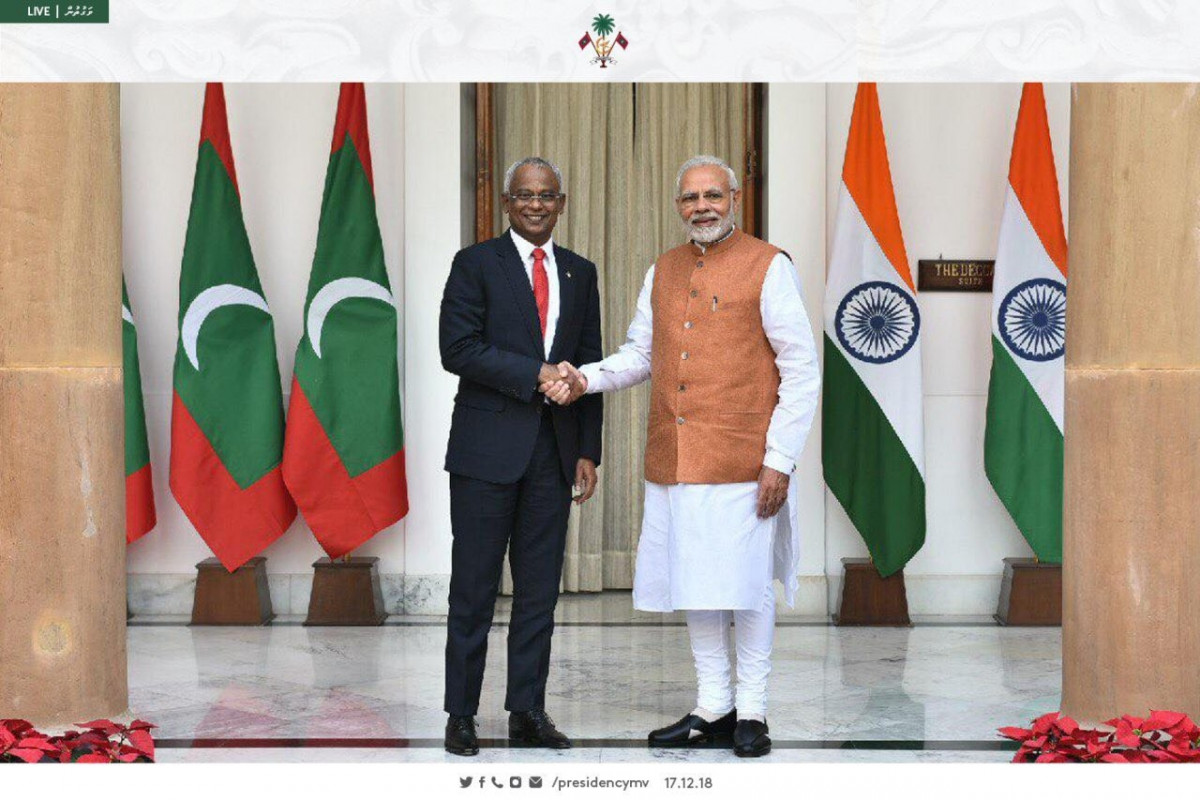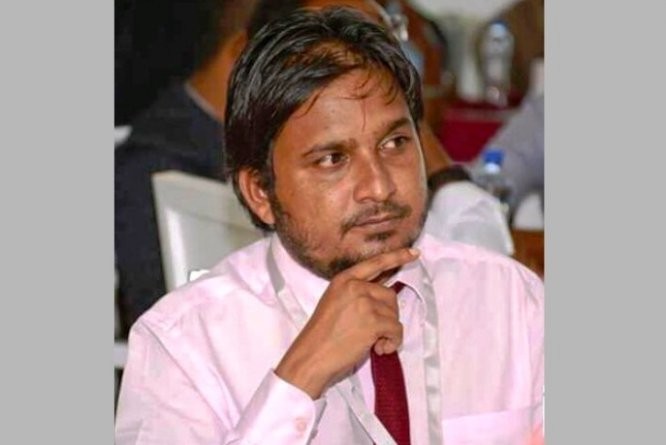61 out of 95 new Covid-19 cases detected from outlying atolls
Maldives active coronavirus case count currently sits at 1,566

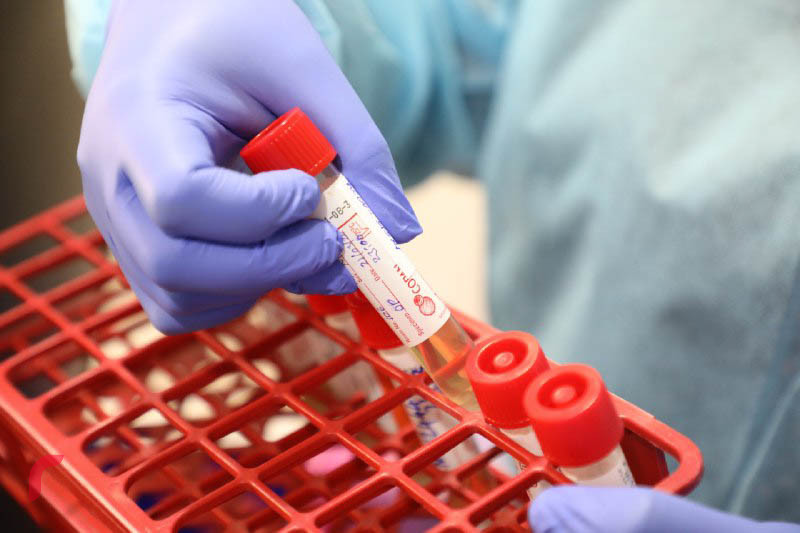
Samples being collected for Covid-19 testing
61 out of 95 new Covid-19 cases confirmed across Maldives, were from residential islands outside of the capital.
According to the latest figures publicized by the Health Protection Agency (HPA), the new cases were confirmed through 4,403 samples collected for testing between 6pm Monday and 6pm Tuesday.
Of the remaining cases confirmed on Tuesday, 32 were from the congested capital, Greater Malé Region and two were from operational resorts.
With this development, Maldives Covid-19 case count has reached 84,579.
Further, an additional 93 patients observed to have made full recoveries in the reporting period, the total number of recoveries have been pushed to 82,769.
Maldives active coronavirus case count currently sits at 1,566.
Three more patients were hospitalized for treatment over the past 24 hours, which means that hospital admissions have been pushed to 19.
Maldives reported its first Covid-19 fatality in April 2020. Since then, the death toll has been pushed to 231. The latest fatality was confirmed on Saturday afternoon, when an 80-year-old Maldivian man being treated at the Covid Management Facility in Shaviyani atoll succumbed to the virus.
Maldives was faced by a fourth and more infectious coronavirus wave in early May, with cases rising to alarming levels at 1,000 on a daily basis. With the implementation of stricter measures, cases began declining once again, and authorities introduced further eases to restrictions in early July for the extensive government holidays.
Eases have been doubling with those that have completed both doses of Covid-19 vaccine allowed to travel domestically without the need to quarantine, with a negative PCR test result. HPA continues to practice caution as the pandemic is far from being controlled, despite declining numbers in recent months. For over a month, the country has been free from further restrictions in the face of the pandemic, however, the authorities continue to remind the public to be vigilant as the country heads down the road to full recovery from the impacts of Covid-19. Although life is far from reaching normal yet, the government's resilience to vaccinate the entire nation has revived hopes of eases from further burden, in the new normal.
The geographical advantage of being comprised of a scatter of islands initially enabled Maldives to keep tabs on the spread of coronavirus when the first few cases surfaced. Things spiraled out of control after a community transmission was detected in the congested capital on 15 April 2020 to which authorities responded by imposing an immediate lockdown.
Months later, authorities began easing the lockdown in phases, with cases going on a downward spiral. Things seemed to be in control until the new year rolled around and cases began spiraling once more. Since April 2020, authorities have been repeating a cycle of curfews, lockdowns, partial lockdowns and other restrictive measures in their successful efforts to curb the spread of the virus.
The country has been in a state of public health emergency for over a year, since 12 March 2020. It was extended an 18th time to expire on October 1.

